 “Thou shalt not be a victim. Thou shalt not be a perpetrator. Above all, thou shalt not be a bystander.”
“Thou shalt not be a victim. Thou shalt not be a perpetrator. Above all, thou shalt not be a bystander.”
The first time I met Brooke Sulahian, she had just finished reading Half the Sky and the problem that had gripped her soul was the nightmare of fistula.
(If you don’t know what fistula is, brace yourself and go to her website http://hopeforoursisters.org/. She’ll tell you all about it. It just may grip your soul too.)
Since that first meeting, I’ve watched Brooke go from angst to action.
First she started raising money for fistula surgeries. At last count, she and her non-profit have raised money for 154 surgeries and counting at $450 each. Next, she traveled to Angola, where she visited the fistula hospital she supports and met with doctors, staff, and fistula suffers. She just returned, even more fired up to finance more surgeries than ever.
But now she’s also talking prevention.
She wants to pull up this epidemic by the roots. She’s looking at why fistula is happening and at stopping it at the source. This, of course, moves her into the territory of child marriages, maternal health care, education for women, and women’s human rights. Her latest blog post is the source of the powerful quote above.
Since opening that “Can of Worms” of spiritual abuse, what keeps me awake at night is that “Perfect Storm” still looming on the horizon. I’m sticking by what I said in that earlier blog:
“Combine individuals possessed of authority and power (who . . . are often oblivious to their capacity for spiritual abuse) with individuals spiritually conditioned to submit to authority. Then add devotees/enablers who (out of a misguided sense of loyalty to the person in power and the desire to curry their favor) turn a blind eye to abusive behavior and may even defend it. Suddenly you have ideal conditions for spiritual abuse to bluster up and thrive unchecked. . . . No one facing a storm like this should be content with merely dealing with the damage after the fact. We need to be asking what we can do up front to see that abuse doesn’t happen.”
We can batten down the hatch, put in place all the measures we know to weather the storm, and prepare to deal with the carnage, the casualties, and the consequences afterwards. Or we can put our heads together and proactively find ways to divert that storm out to sea before it hits land.
We can move from angst to action.
I’m already brainstorming with a couple of leaders to see what can be done to prevent spiritual and other forms of abuse before they ever happen.
Dr. Phil Monroe weighs in on prevention in his post, Preventing spiritual abuse? Listen to that little voice plus…
Here are some of the questions I’m asking:
- If abusers don’t recognize themselves, how can we alert/educate leaders early to the seduction of power and hence to our own potential for abuse? We need Christian leaders who will stand up and be counted, even if it costs them.
- If the underlying belief system sets the stage for abuse, should we expand our evangelical discussions of gender, authority, and submission to include a serious consideration of the relationship between our theology and spiritual abuse? Do our theological conclusions benefit the powerful and put the powerless at risk? Are we defining our terms according to Jesus or according to human tradition?
- If abuse victims are telling themselves they’re at fault and don’t realize they’re being abused, how can we fortify them with a solid understanding of who they are in Christ and of the dignity and exceedingly high value they have as God’s image bearers? How can we equip them so that when someone bullies, or Bible thumps, or guilt trips them, or expects their unconditional submission (no matter who it is), they can tell themselves the truth? How do we help them to understand that they don’t deserve this kind of treatment, but also that the abuser is behaving badly, that this is unacceptable, and to have the spiritual strength to stand firm and speak up or walk away?
- How do we empower Christians with the courage and determination it takes to become dis-ablers of spiritual abuse? How can we raise up believers who make the powerless and oppressed their priority, who stand against injustice no matter where they find it, and who have the courage to speak truth to power?
These days I’m feeling plenty of angst. Half the Sky intensified it for me too. This blog series on spiritual abuse has deepened that angst.
I don’t want to stop with angst or be a bystander. I want to be a Dis-abler. So I’m asking you to begin taking action with me in two ways:
- By brainstorming constructive, proactive ideas for preventing abuse in response to the questions above.
- By signing the “Public Statement Concerning Sexual Abuse in the Church of Jesus Christ.”
This statement is one small step toward actively addressing and preventing sexual abuse. To date, including the original signers, we have little over 1600 names.
I love David and Goliath stories and believe we’re in one now. And if we have to move forward with five small stones and 1600 courageous signatures, then with God’s help we will still move forward. But here’s the sad truth. In evangelical circles, it takes a lot of noise and determination to turn things around. As we contemplate next steps, we need to make more noise than this to draw attention to this important issue. So …
If you’ve signed the statement already, thank you for your courage and support!
If you haven’t signed, please consider adding your support to this list. Then please help us spread the word by asking your friends, colleagues, relatives, and Christian communities to join this effort.
Let’s move from angst to action!
Note Care2 PetitionSite privacy policy: “to protect the privacy of activists we cannot share contact information such as street address or email address.”
What questions are you asking? What ideas/strategies do you think will help us move forward against this crisis?
Please join in with your comments.
Here is the complete series on Spiritual Abuse:
- It all started with Lean In: Seek and Speak Your Truth
- Part 1: This Can of Worms Must be Opened!
- Part 2: The Perfect Storm
- Part 3: The Many Faces of Spiritual Abuse
- Part 4: Identifying the Triggers of Spiritual Abuse
- Part 5: Standing Up to Spiritual Abusers
- Part 6: The Underlying Belief System of Spiritual Abuse
- Part 7: The Enablers of Spiritual Abuse … or When Silence isn’t Golden
Dr. Phil Monroe on Spiritual Abuse:
- Spiritual Abuse: What it is and Why it Hurts
- Why Do Some Spiritual Leaders Abuse Power?
- What Factors Support the Use of Spiritual Abuse?
- Four Belief System That Support Spiritual Abuse
- Do You Enable Spiritual Abuse?
- Failures to Act—Why we don’t always blow the whistle on abuse
Also by Frank A. James: Structural Patriarchy’s Dilemma for Women
Mary DeMuth: Spiritual Abuse: 10 Ways to Spot It
Rachel Held Evans: Series on Abuse




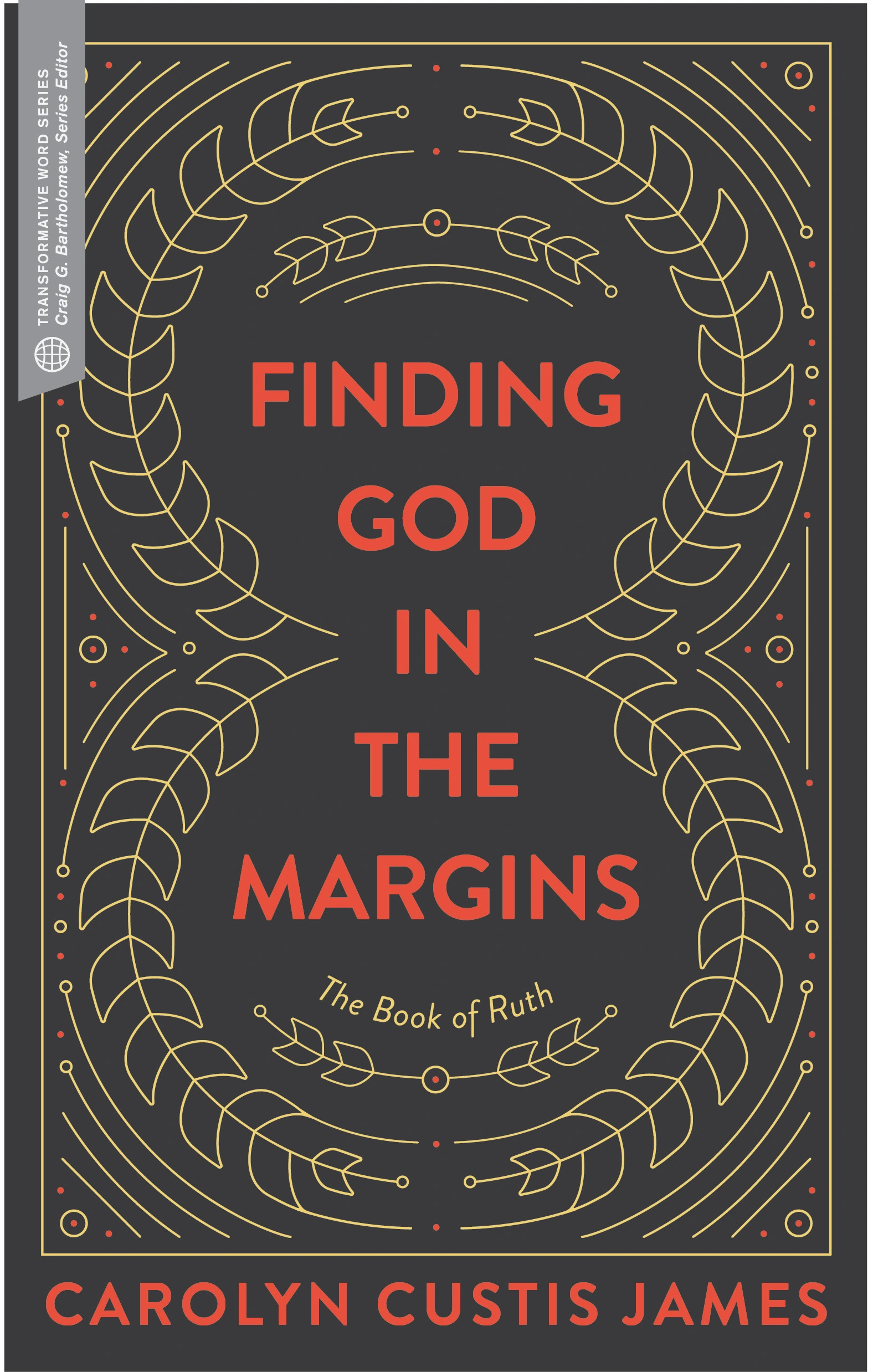
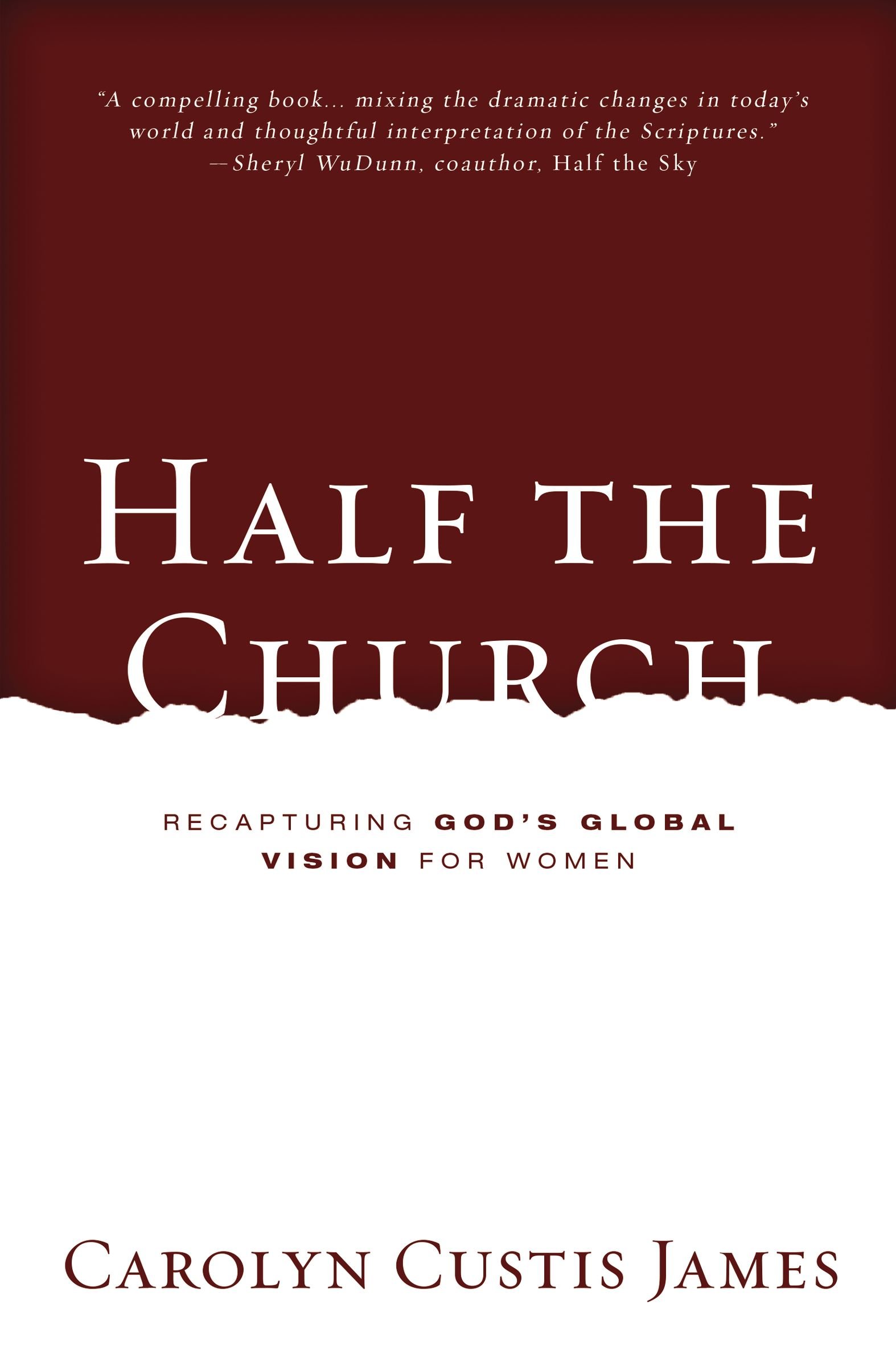
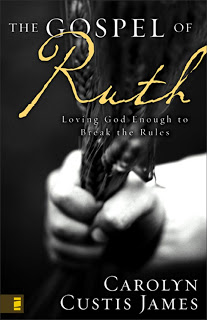
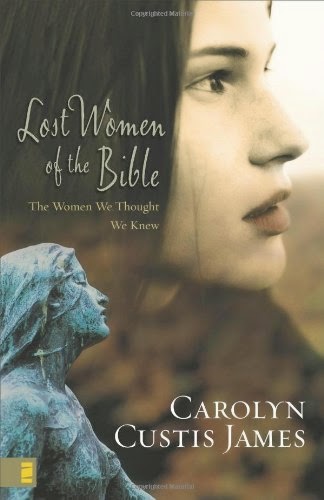






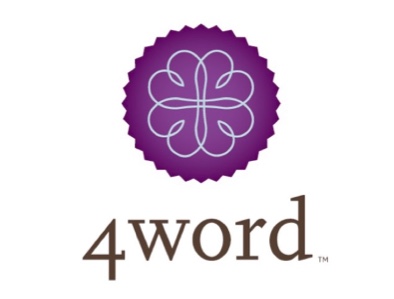
The question that you ask on your current blog post that I believe is critical, “If the underlying belief system sets the stage for abuse, should we expand our evangelical discussions of gender, authority, and submission to include a serious consideration of the relationship between our theology and spiritual abuse? Do our theological conclusions benefit the powerful and put the powerless at risk? Are we defining our terms according to Jesus or according to human tradition?” In my experience, no one likes to talk about abuse because it inevitably leads to having to address issues of gender and how power and abuse thrive in the church because of those issues!
LikeLike
I was sexually abused growing up. Recovery is a long journey! I've signed the statement. I was talking to someone and offered to stand up and speak about the topic but was told we needed the “experts” to speak. I started my Master's in Counseling this week. I'll be an expert both from experience and education.
This quote has been knocking around in my head for a bit: “Neutrality helps the oppressor, never the victim..silence encourages the tormentor, never the tormented.” – Elie Weisel
Standing up and speaking out are important first steps. You've been doing a good job here Carolyn! I agree we need more but I'm not sure what yet.
LikeLike
an expert is, i believe, anyone who has experienced abuse, not a counselor or therapist. if you've known the soul-killing dread and shame of abuse, you're expert enough.
this is just another way to try to silence people.
and spiritual abuse is not the same as sexual abuse. both are important, but they are not the same. just because it's in the church doesn't make it spiritual abuse. using this term can be covering up crimes and in some ways diminishing the hurt of abuse.
take away the g-d and there's still abuse.
don't mistake me, both are *wrong*. confusing them doesn't help us prevent either.
LikeLike
I realize they are not the same, but there is a lot of overlap – the tyranny of the one in authority.
LikeLike
Tanya and Shade, you both raise an important point—that those who have suffered abuse (regardless of the form it has taken) bring an invaluable expertise to the table. They need whatever time they need to take care of themselves and recover, but we need their leadership and expertise in addressing these issues. Those who gain expertise through training and study and counseling survivors understand this and, in fact, probably learn more from survivors than from books and lectures.
Also, agree that spiritual and sexual abuse are not the same. Having said that, to follow Tanya's comment, the elements of power, vulnerability and powerlessness, enabling, and the underlying belief system abuse are involved in all forms of abuse.
What may be less recognized is the fact that the lines between spiritual and sexual abuse can be blurred. Which is not to say all spiritual abuse leads to other forms of abuse, only that it can.
In religious communities where sexual abuse occurs, somewhere in the mix, spiritual abuse played a role–for example, in luring the abuse victims in, denying them agency, or in shaming and controlling them afterwards.
And make no mistake about it, sexual abuse and cover-ups it are both crimes that must involve law enforcement and are not merely internal church matters. The same is true of domestic violence.
But again, what can we do to prevent these abuses from happening in the first place?
LikeLike
Carolyn,
Thank you so much for this clear message. I've signed my name. In my journey of speaking up about abuse within my former mega- SBC church in Dallas, my parents have disowned me. I've also recently experienced the personal backlash from our Houston church of trying to shine the light of truth to heal the wounded and protect kids. I write at my blog, Watchkeep. http://watchkeep.blogspot.com/2013/06/three-wise-monkeys-photo-by-menage-moi.html
LikeLike
Again, thanks for continuing this conversation. Let’s not underestimate the power and action of that!
I understand shame to be perhaps the largest contributing factor to a culture of abuse. Shame tells us that we are unworthy, never enough and unacceptable to God, others and ourselves. While many of us would never give our conscious intellectual affirmation to such a belief, shame lives a deep and often hidden life in our bodies and psyche. The unworthiness felt in shame is so powerful that we will do nearly anything to escape or avoid becoming conscious of it. Shame makes healthy self-examination for both abusers and the abused impossible since admitting our failures or weaknesses, and sometimes also our gifts and strengths, threatens to completely undo us.
Among other things, the antidote to shame is a steeping in the unconditional love of God. I’m not talking about just knowledge about the love of God, but felt experience of God’s love and unconditional acceptance. I’m talking about not running from God’s gaze of love. How readily do we receive, really take in our spouse’s or parent’s gaze or words of love? Just as loving God and loving neighbor and self are two sides of the same coin, so are being loved by God and being loved by neighbor and self. Are we practicing compassion toward ourselves, or do we judge ourselves in ways we know would only separate us from our neighbors if we judged them so?
Churches, institutions and families need to consciously unravel our relationship to shame. We need to look honestly at how we have used shame as a means of control. We need to learn and teach “shame resilience” as Brene’ Brown (see her book Daring Greatly) suggests.
In addition, a theology which focuses exclusively or disproportionately on a triumphant Jesus who did dramatic and instantaneous miracles, who now sits at the right hand of God and which ignores or downplays a God-with-and-with-in-us who chose and chooses weakness, vulnerability and invisible mystery to connect with those God loves will result in a culture of abuse. Such a focus increases our impatience with God, others and self. We resort to force to mitigate the anxiety (i.e. maintain control) that seems to me to often accompany movement into real trust that allows God to act in God’s time and in God’s way within the unique situations and people in our lives. Such a focus makes us hostile to our own and other’s weaknesses and vulnerabilities and tempts us to constantly “bulk-up” our own power, hide our weaknesses and avoid solidarity with the weak and powerless lest we should become associated with them. In so doing we avoid real connection with God, others and self.
We need leaders and teachers who are consciously and actively on this journey, who model compassion toward their own weaknesses and failures in addition to wild gratitude for their gifts and strengths.
Lorilyn Wiering
LikeLike
I've been continuing to think about your question about what can be done to stop abuse before it even begins.
Recently, there was a girl in Yemen that died her wedding night due to internal injuries. There was quite the uproar on facebook about it – a number of friends posted the same story over and over again. But that angst is already gone.
A google tells us that child-brides in Yemen are common and sometimes the girl dies. We don't know how often because most certainly all aren't reported. Yet by the time the next girl dies we will have forgotten the past – again.
Somehow we are rather forgetful of the things that are important to God when they make us uncomfortable. Talking about mistreatment of other human beings is quite unpleasant to us – but perhaps that's exactly what we need to do – engage in talk in such a way that solution emerge. That we don't forget this girl in Yemen. We don't forget our sinful desires to abuse power and trample others.
I've been missing your blog this month!
LikeLike
I understand abuse all too well and the shame and low self-worth that drives it's success.
I became a victim of spiritual abuse because I was a victim of physical and emotional abuse as a child. I was told that wrong wasn't wrong if the person was in authority over you…it sounds crazy…but when you are 6 years old and told all your growing up years, you believe it deep down even though you know it can't be true. So sets the stage for abuse in many forms. I ended up in a shelter 6 months ago with my children. I exposed my husband's emotional abuse and spoke out. Most people withdrew from me, mostly believers, and blamed me. But by God's grace, my husband went to counseling and after some months of separation, we were able to reunite our family. He has been my #1 defender, and told others what his sins were. Because of this I have discovered all sorts of spiritual abuse that was present in my life and have begun the escape. Only God can do this if we are courageous enough to begin asking questions and brave enough to start saying NO. His emotional abuse was primarily because of the false teaching told to families about the husband being King in the home…I can now see others caught in it simply by asking a few key questions.
My eyes are truly open. I started a blog, hopefully I can begin to help women question what they believe. “imfreetothing.blogspot.com”
LikeLike
oops, misquoted my blog if you are interested: jshould read imfreetothink.blogspot.com
LikeLike
Just left an abusive church after 27 years. We started so well. It took years for it to become as cult-like as it did.
We only recognized it when on the receiving end….
http://www.outofthesnare.co.uk
LikeLike
Pingback: Dis-abling spiritual abuse